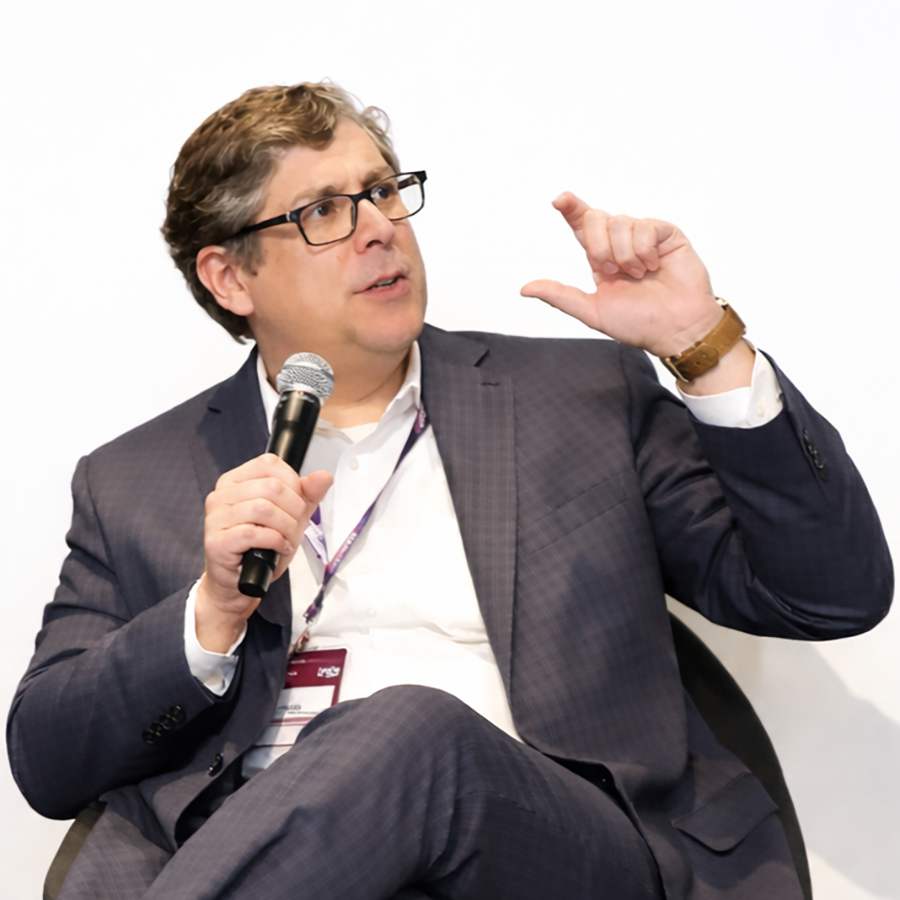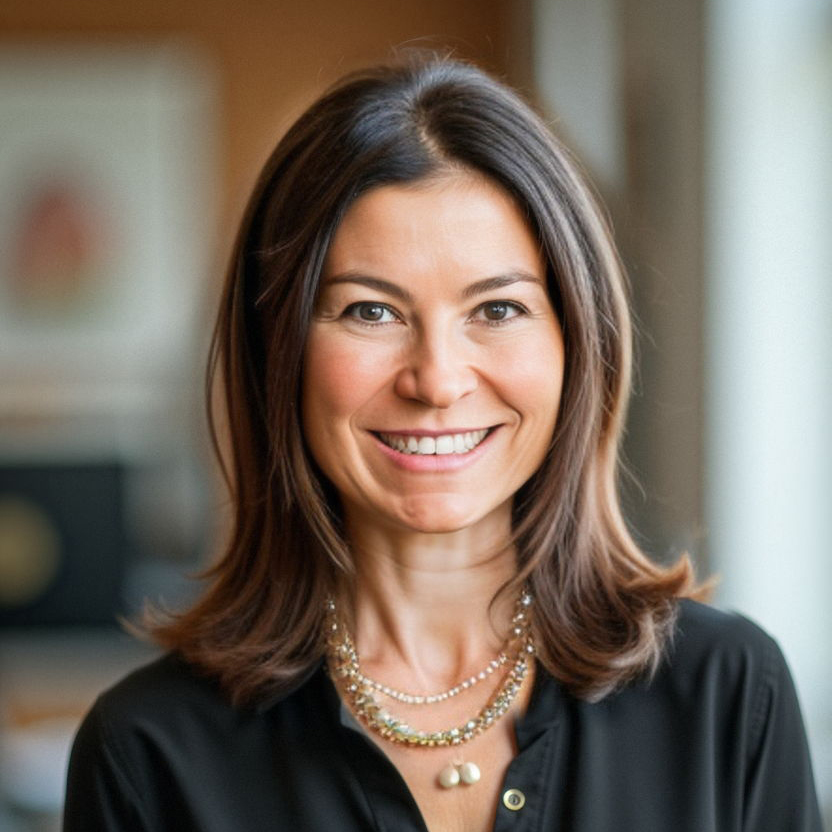“Who will read it? Where will it go?”
“Anyone who works with words would get a lot out of the Basic Manuscript Editing course,” says Susan Allan, an instructor in the Manuscript Editing sequence and managing editor at University of Chicago Press. “It gives you an eye for looking at written material that’s different from reading for information or entertainment. Reading from an editor’s perspective is a different way to look at words and it also lets you see your own writing in a different way.”
The Manuscript Editing Curriculum
Comprised of a basic, intermediate, and advanced class, the Manuscript Editing sequence, a core part of the Editing certificate, moves students through the fundamentals of editing before applying these editing techniques to longer and more complicated texts. Building on the foundation acquired through the Chicago Manual of Style in the Basic course, the Intermediate and Advanced courses engage students in discussions of the decisions editors make while preparing book-length manuscripts for publication.
“What students learn in the first class is the baseline of professional editing practice,” says Allan. “As we move through chapters five to sixteen in the Chicago Manual of Style, students gain familiarity with the universe of manuscript editing—everything from spelling, punctuation, grammar, and more. Once they’ve learned what’s in the Manual and how to use it, then we can move on and gain a more thorough knowledge of style and editorial judgment.”
How to Engage and Work with Authors
Allan notes that while editors are nearly always people who love reading and care about words deeply, they’re also people who like to work in teams. After all, she notes, everything you do is shared with other people. In fact, segments of class are dedicated to learning how best to engage and work with authors.
“People who find good success as editors tend to be orderly thinkers who can notice what’s wrong and have the patience to resolve those things,” says Allan. “It requires a person who’s comfortable with organizing complex material in ways others can comprehend.”
Siobhan Drummond, also an instructor for Manuscript Editing courses and owner of Drummond Books, where she handles both editorial and production for book publishers, points to the sympathy and generosity also often required of editors. Even if the editor doesn’t agree with the author, she notes, the task of editing involves adopting their voice and joining them in their goals and intentions.
“So it’s very detail-minded work that involves a level of kindness as well,” she says. “But it’s also a matter of taking in the big picture and asking questions like, Who will read it? Where will it go? Being an editor involves staying abreast of technological change and having a keen sense for the cultural area the book is intended for.”





